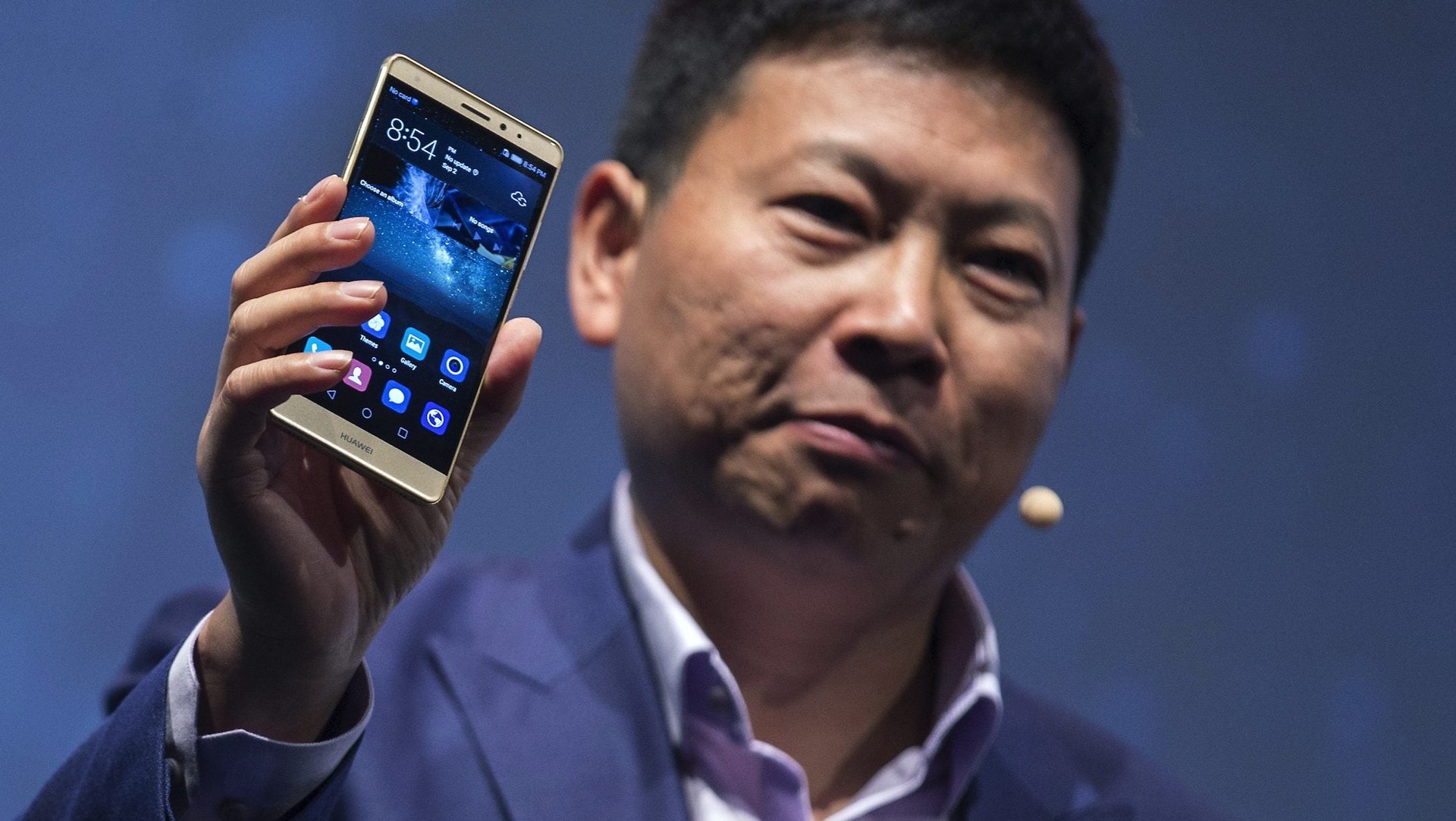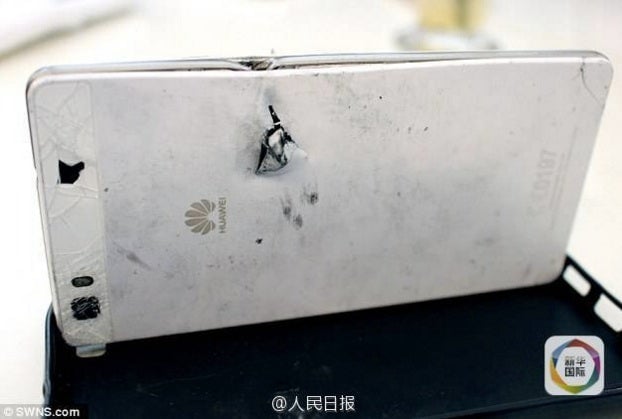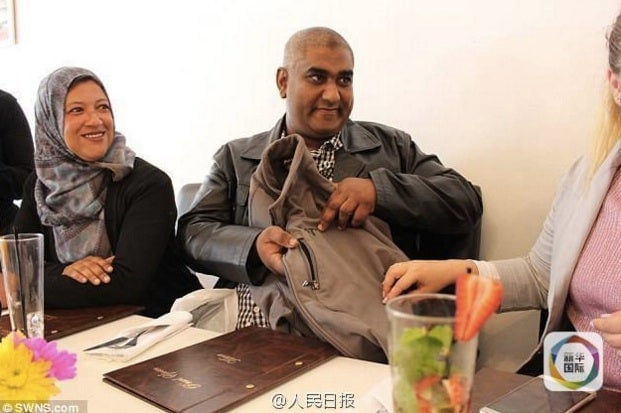A Huawei phone saved a South African man’s life, proof that not all “made in China” goods are flimsy
In South Africa, “fong kong” a term for Chinese goods, is used to describe any cheap, poorly made product that falls apart. In Zimbabwe, Chinese goods are called “zhing zhong,” with similar connotations. In Nigeria, “chinko,” originally used for Chinese knock offs, now refers to any cheap bag or phone.


In South Africa, “fong kong” a term for Chinese goods, is used to describe any cheap, poorly made product that falls apart. In Zimbabwe, Chinese goods are called “zhing zhong,” with similar connotations. In Nigeria, “chinko,” originally used for Chinese knock offs, now refers to any cheap bag or phone.
So news that a Chinese-made phone saved the life of a South African businessman is a welcome change for advocates of Chinese goods in Africa. When Siraaj Abrahams, 41, was ambushed by two armed robbers outside of his home in Cape Town in late August, he was saved by a Huawei smartphone in his jacket pocket, which took a 9mm bullet that was intended for Abrahams, according to Xinhua (link in Chinese).
The apparently hardy Huawei P8 Lite, a 5-inch screen plastic phone that sells for around $200, has provided the Chinese telecom giant, as well as Chinese media state media, an opportunity to tout Chinese-made products, which generally have a poor image in South Africa and elsewhere on the continent.


The reputation of Chinese goods is so bad that even the most outlandish stories are believed. In May, China’s ambassador to Zambia had to refute a rumor that Chinese companies were exporting human flesh disguised as corned beef into the country.
“Huawei has proven the good quality of Made-in-China products,” the People’s Daily posted on Weibo (registration required). Xinhua noted that this isn’t the first time a Huawei device has saved a life: In 2013, a researcher in Kenya named Dennis Mbuvi was saved when a bullet lodged in his Huawei tablet.
Huawei, which focuses on building broadband networks and selling smartphones in Africa, has reportedly sent Abrahams a new phone since his was irreparably damaged.
An editorial in China Daily over the weekend declared that ”China is turning from a ‘manufacturing powerhouse’ to ‘a smart, intelligent manufacturing giant.'”
As Chinese electronics, construction materials, textiles, and cars are increasingly used in Africa, the made-in-China brand is slowly improving. Those in the industry point out that not all Chinese manufactured goods are poor quality—it’s just that local traders choose to import the cheapest and lowest quality items. “China can produce just any quality depending on what you want,” said Gary Robinson, head of MIE Group, a consultancy that organized a China Trade week in Nairobi in July.
In Johannesburg, shoppers crowd the Chinese outlets, or “China Malls” every weekend and small shop owners often buy their wares from Chinese traders. Chinese smartphones such as Tecno are increasingly better packaged, with more features. The Chinese pay-TV provider, Star Times, is winning against local rivals and not just because it’s relatively inexpensive.
In China, many remained skeptical of Huawei phones’ lifesaving features. In response to an article about Abrahams, one Weibo user wrote, “Oh really? The screen of my Huawei phone cracked within a month.”